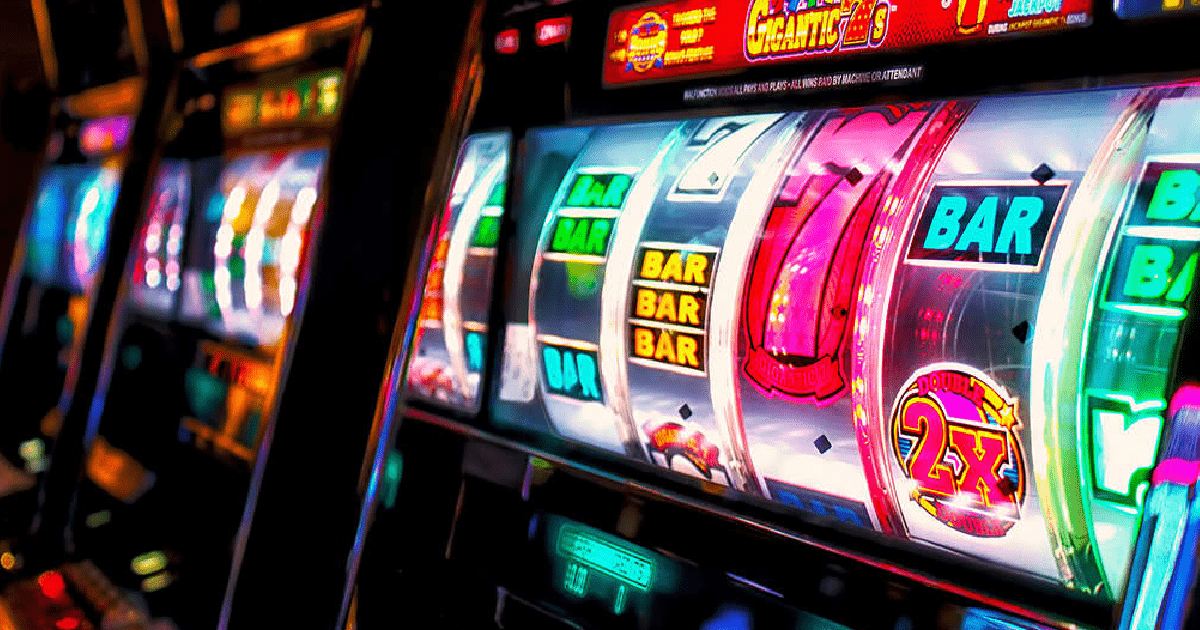A Comprehensive Guide to Pursuing a Career as a Casino Dealer and Expected Earnings
Have you ever considered what it would be like to work as a casino dealer, orchestrating the excitement and suspense at the gaming tables? If so, you're not alone. Many individuals are intrigued by the prospect of stepping into the role of a croupier and immersing themselves in the dynamic world of casino gaming.
In this guide, we'll delve into the intricacies of becoming a casino dealer, offering insights into the necessary qualifications, training processes, essential skills, and potential earnings associated with this profession.
Understanding the Role of a Casino Dealer: A casino dealer, often referred to as a croupier, plays a central role in facilitating various casino games, ranging from blackjack and poker to roulette and baccarat. Beyond merely overseeing game proceedings, a proficient dealer must possess excellent communication skills to interact with players effectively, maintain the integrity of the games, and uphold the reputation of the establishment.
Key Requirements for Becoming a Casino Dealer: To embark on a career as a casino dealer, several prerequisites must be met:
- Minimum age of 18 years
- High school diploma or equivalent (e.g., GED)
- Successful completion of a dealer audition or in-house training program
- Clean criminal record, particularly devoid of theft-related misdemeanors
- Acquisition and maintenance of a gaming license, specific to the state of employment
- Flexibility in working hours, including nights, weekends, and holidays
Training and Education for Aspiring Casino Dealers: Formal education beyond high school is not a mandatory requirement for aspiring casino dealers. Instead, individuals can pursue training through dedicated dealer schools or opt for in-house training programs offered by casinos.
Dealer schools, such as The Casino Institute in San Diego or the Casino Gaming School of Nevada, typically offer comprehensive courses lasting between 8 and 12 weeks. Upon successful completion, graduates can proceed to undertake dealer auditions and secure employment at casinos.
Obtaining a Casino Dealer License: Securing a casino dealer license is a crucial step in the journey toward becoming a professional dealer. Applicants must undergo a rigorous application process, which includes submitting necessary documentation, undergoing a background check, and participating in an interview. It's imperative to adhere to state-specific regulations governing licensing requirements.
Essential Skills for Success as a Casino Dealer: Mastering the art of casino dealing entails honing a diverse set of skills, including:
- Effective communication to explain game rules and engage with players
- Maintaining composure and professionalism, particularly during high-pressure situations
- Demonstrating extroverted qualities to foster positive interactions with players
- Physical stamina to withstand long hours of standing and repetitive motions
- Analytical reasoning to oversee game proceedings and detect irregularities
Potential Earnings and Working Hours: Casino dealers can potentially earn lucrative salaries, with the average annual salary in the US ranging from $15,850 to an impressive $430,665, depending on factors such as location, experience, and the prestige of the establishment.
Given the 24/7 nature of casino operations, dealers should be prepared to work flexible hours, including evenings, weekends, and holidays, aligning with the operational schedule of the casino.
Becoming a casino dealer offers a unique opportunity to immerse oneself in the captivating world of casino gaming while enjoying the potential for substantial earnings. By fulfilling the requisite qualifications, undergoing comprehensive training, and refining essential skills, aspiring dealers can embark on a rewarding career path filled with excitement and possibilities.













